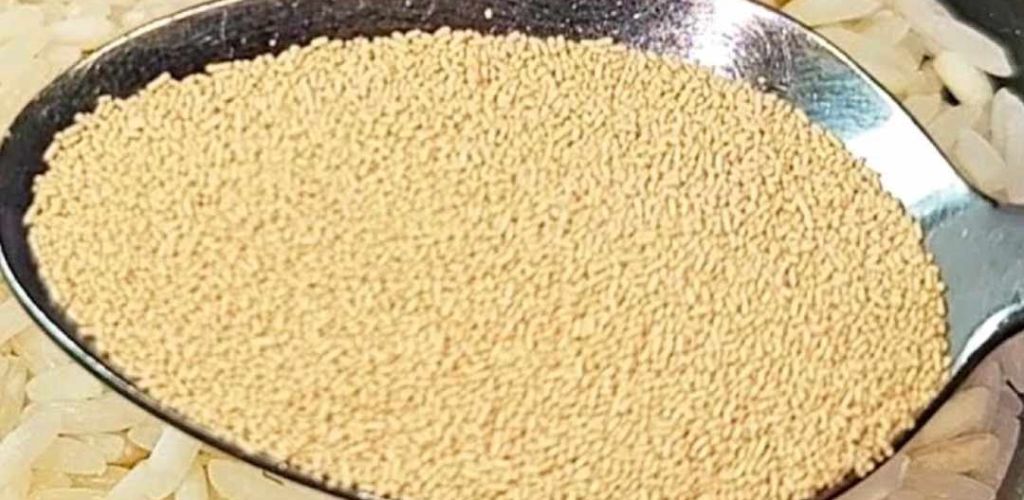02.03.2025
Mix yeast with rice, you will be amazed!
Combining yeast and rice can lead to some interesting culinary and practical applications. Here’s a breakdown of what happens and why you might mix them:
Culinary Uses:
- Rice Wine or Beer:
- Yeast converts the sugars in rice into alcohol through fermentation.
- This is the basis of many traditional rice wines and beers, such as sake.
- The specific type of yeast and rice used will determine the flavor and alcohol content.
- Rice Flour Baking:
- If you’re using rice flour in baking, adding yeast can create leavened bread or other baked goods.
- Rice flour is gluten-free, so the process is different from wheat-based baking, but yeast can still help with rising.
- Fermented Rice Dishes:
- In some cultures, rice is fermented with yeast to create various dishes or condiments.
- This process can enhance the flavor and nutritional value of the rice.
Practical Uses:
- Composting:
- Yeast can accelerate the composting process by breaking down organic matter, including cooked rice.
- This is particularly useful for speeding up the decomposition of food scraps.
- Plant Fertilizer (Limited Evidence):
- Some gardeners believe that a diluted yeast and rice water solution can provide nutrients to plants.
- The yeast and rice provide some nutrients, but there is limited scientific evidence to support this use.
Important Considerations:
- Type of Yeast:
- The type of yeast you use will significantly impact the outcome.
- Baking yeast, brewer’s yeast, and wine yeast have different properties.
- Hygiene:
- When fermenting rice, it’s crucial to maintain proper hygiene to prevent the growth of harmful bacteria.
- Fermentation Conditions:
- Temperature and other environmental factors play a crucial role in fermentation.
- Food Safety:
- When fermenting foods, always research safe food handling practices.
In summary:
Mixing yeast with rice can lead to various culinary and practical applications, primarily through fermentation. The results will vary depending on the specific ingredients and methods used.
